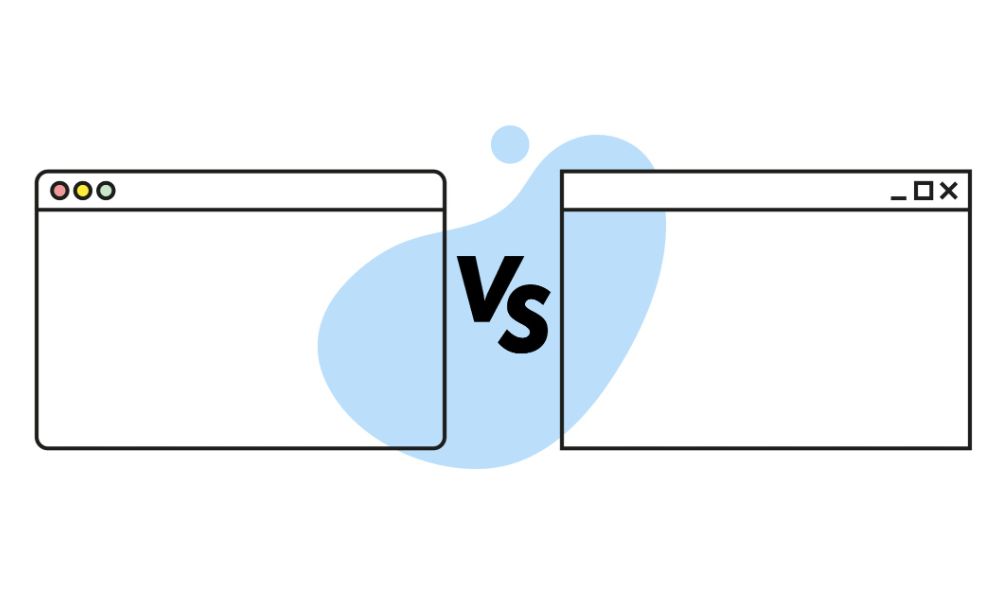What Is Cloud Computing and Why Is It Useful?
Cloud computing is the use of computing services and resources delivered on-demand through the internet. Rather than storing all of their data and applications on their own servers or hard drives, individuals and businesses can access them through ‘the cloud’.

What Is the Cloud?
The use of the term ‘the cloud’ has evolved over the years. It originally came about in the early days of the internet, when data first started being stored on external servers. Due to its unspecified virtual location, it was referred to as being out in the cloud. Today it refers to a virtual ecosystem supported by global network of servers, located in datacentres around the world. It’s accessed from anywhere in the world, from any device connected to the internet. Cloud computing is more of a system than a physical thing. There are three main types of cloud computing service.
Infrastructure as a Service (IAAS)
This is where the building blocks of cloud computing are provided – hardware, networking systems and data storage. It provides the greatest level of control and flexibility for cloud computing. It’s normally used by large organisations with vast quantities of data and their own applications.
Platform as a Service (PAAS)
Here, in addition to the infrastructure, further tools are provided for the creation and testing of applications. It provides a high level of efficiency for businesses that need to create and manage their own applications without the need to worry about the underlying infrastructure. Major providers such as Microsoft Azure, Google Cloud and Amazon Web Services offer both IAAS and PAAS.
Software as a Service (SAAS)
This is the form of cloud computing that most people will experience. It involves the applications we use in our personal and business lives from day to day, and there are countless examples.
These include data storage applications such as Google Drive and Microsoft OneDrive, streaming services such as Netflix, content-management systems such as WordPress, and many more.
Recent improvements to the Internet’s infrastructure have made cloud computing a much more attractive proposition for individuals and businesses.
Advantages of Cloud Computing
Storing data on the external servers of your cloud service provider has many benefits.
Connectivity and Efficiency
When data and applications are cloud-based, you can access them on any device. This has benefits for personal users and businesses.
It means that you can work on a document from your office desktop or your laptop at home. In fact, more than one user can access and edit a document simultaneously.
It means you can be kept in the loop wherever you are by accessing communications via your smartphone.
It means that if you lose a device or it’s damaged, the data won’t be lost because it’s stored on the cloud servers rather than the device’s hard drive.
What’s more, in the fast-changing digital world, it can be difficult keeping up with the latest developments. Whether you’re a large-scale business testing new company-wide applications or an individual user, cloud computing enables you to update and integrate your IT at lightning speed.
Reduced Costs, Increased Scalability
A huge advantage of cloud computing for businesses is that they would no longer need to purchase, maintain or upgrade servers on their premises.
Your cloud service provider is responsible for all of the infrastructure and its maintenance. This can save businesses vast amounts of money as you won’t need to spend on things like installation, IT personnel to maintain equipment, and facilities for data centres.
What’s more, as your business grows and you require more capacity, scaling up is far, far easier with cloud computing than if you had to upgrade your physical infrastructure. Storage capacity is effectively unlimited, and you only pay for what you use.
However, migrating your systems and data to the cloud can be complex and does require significant expertise. It’s often a big part of the business IT installations we take care of.
Security
We’ve already mentioned how cloud storage ensures your data won’t be lost even if a device breaks or goes missing. But cloud storage has further benefits for data security.
Cloud storage platforms are held to extremely high standards of security, meaning they are resistant to data breaches and cyber attacks. While it may feel uncomfortable to hand your data over, it’s likely to be much safer in cloud storage than if it were stored on a physical hard drive.
Cloud-based solutions also provide administrators with high levels of control over the security of their data. It enables them to tailor their security with features such as access control, user authentication, and encryption.
Our IT Consultancy service can help you evaluate your options with cloud computing and plot your way forward with confidence.
Huge numbers of businesses are moving more and more of their IT operations to the cloud. And as the technology improves, this trend will only accelerate. Don’t fall behind – get in touch with NECL to chat about your cloud computing solutions.








